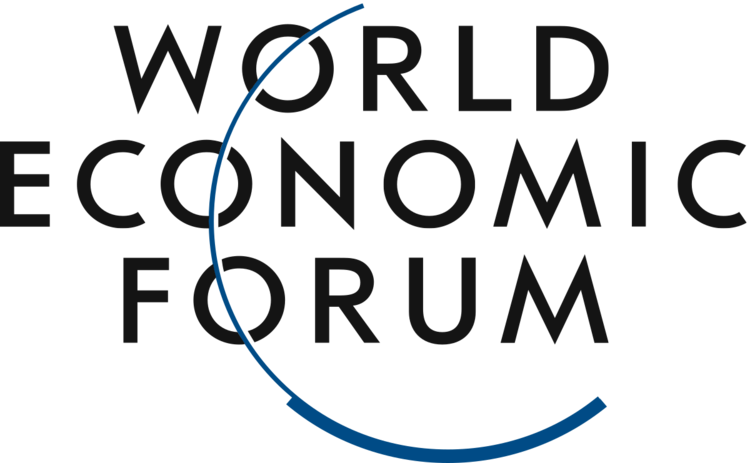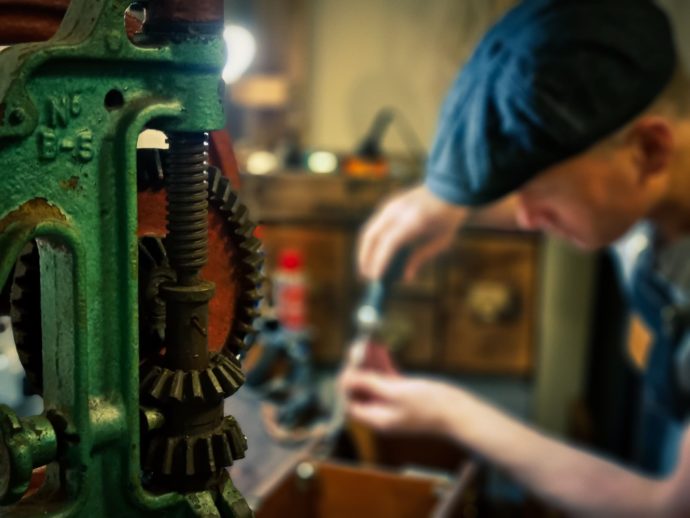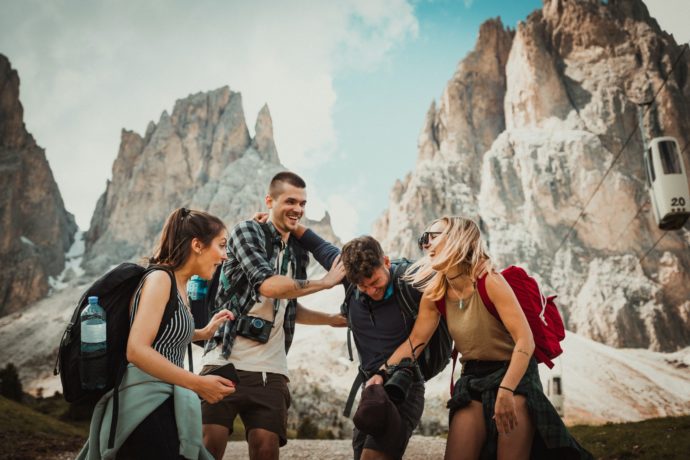
This is a piece Dr. Robert Waldinger wrote for the World Economic Forum’s website, published on July 21, 2020
- The word “hero” has been used a great deal during the pandemic.
- But this label is not always helpful and can have negative consequences.
- Here are some suggestions for how we might better acknowledge the courage shown by so many at this time.
When the world is under threat, we look for heroes. We point to women and men who face the dangers that all of us fear, and we tell their stories with pride and gratitude. Identifying heroes can rally us, inspire us, and bring us together at times when unity is desperately needed. Not surprisingly, we are now finding heroes in the time of COVID-19: we are praising healthcare workers, first responders, those who deliver our mail and bring us our food. But what is it like to be called a hero? And who is served when we call some people heroes and others not
We looked back to another time of crisis – World War II – to a group of soldiers who faced the horrors of war in Europe and the Pacific. The Harvard Study of Adult Development has tracked the lives of hundreds of men from the time they were teenagers all the way into old age, and more than 250 of them served in World War II. When these men came home from the war, we asked them how their wartime experiences changed their view of life, and whether they felt that the world owed them something for their military service. Not a single person said that the world owed them anything for their service. And no one said that they felt like a hero. Most said they were just doing their jobs.
Why this disconnect?
The “hero” often feels like an imposter. Heroism is an ideal that few of us can live up to. Consider, for example, the nurse caring for COVID-19 patients in the hospital who feels she is neglecting her children by not being at home. Or the man working in a food processing plant who must work to feed his family, but who would much rather stay at home where he feels safe.
Calling some people heroes leaves other people feeling unappreciated. A doctor who must stay at home to care for her demented husband makes a sacrifice that no one may notice. During World War II, many soldiers felt guilty about doing desk jobs far away from combat.
When I praise someone as a hero, it serves my needs, not the needs of the “hero”. Calling someone else a hero – a nurse, a politician, a factory worker – can make us feel better. In a time of uncertainty and danger, imagining that someone else has special powers lets us feel a bit less helpless and vulnerable. Many of us are desperate to find this kind of relief.
We all want to be seen and appreciated by others for who we are and what we are doing. During this time of crisis, people need to feel appreciated more than ever.
How can we express gratitude in a way that feels genuine? A good place to begin is by paying close attention. What exactly do we appreciate about someone’s behaviour? What are the actions that take courage? When we appreciate the fact that a grocery store clerk reports for work every day in the midst of a dangerous pandemic, we are naming and expressing gratitude for a specific action. When we thank the nurse who cannot hug her children because she works with COVID-19 patients, we are appreciating a sacrifice that is both simple and profound.
Valuing each other is exactly what we need to do in this time of crisis. Labels like “hero” have their uses, but history tells us that those in the spotlight often do not feel seen when we put them on a pedestal, and many who behave with courage are hidden from view. Noticing and naming our many courageous gifts to each other can be the most inspiring and unifying way to keep hope alive during dark times.

Transform Your Life and Work
Want to learn more about how Lifespan Research Foundation can help you? Register for our Road Maps program today.


